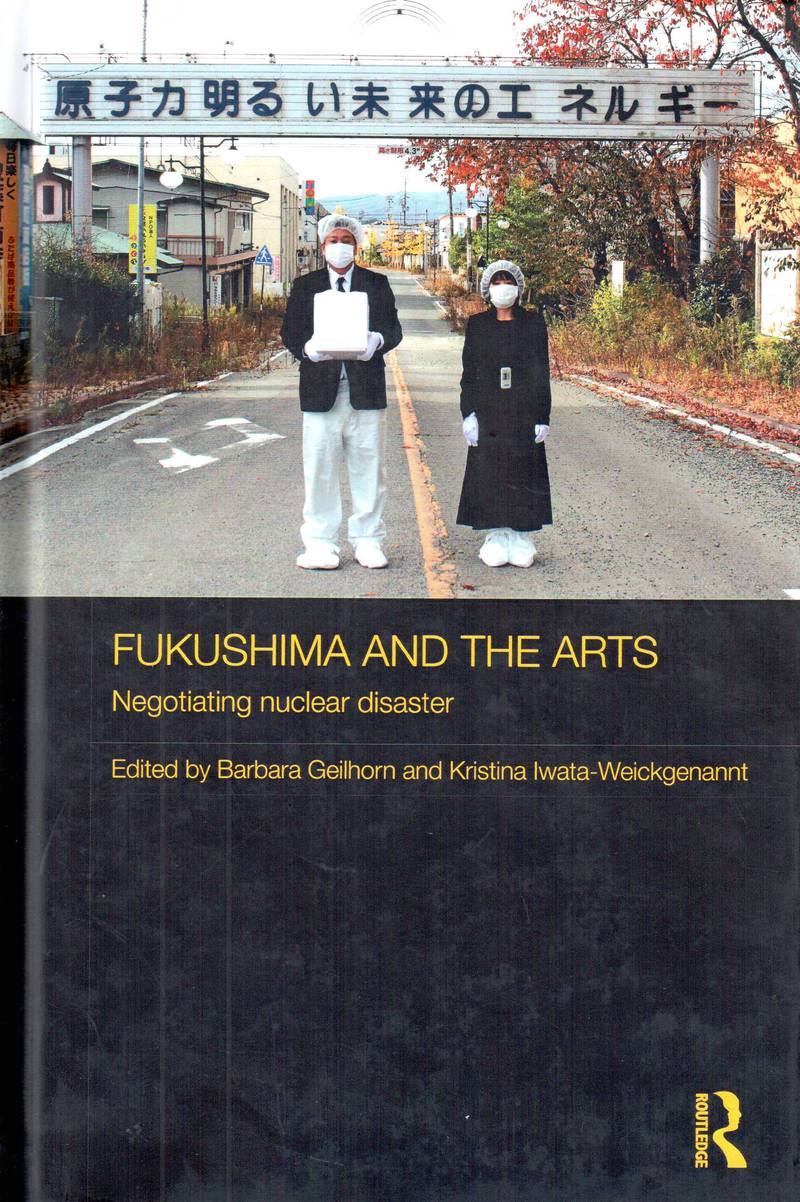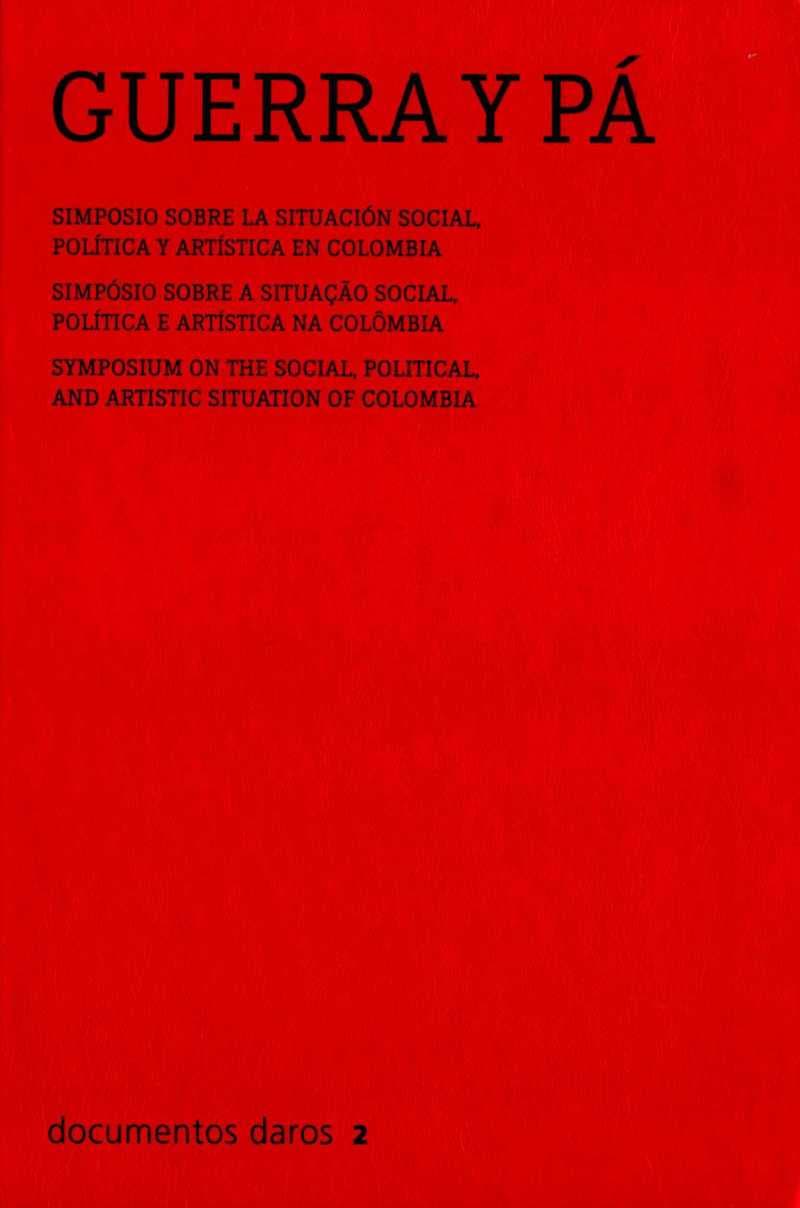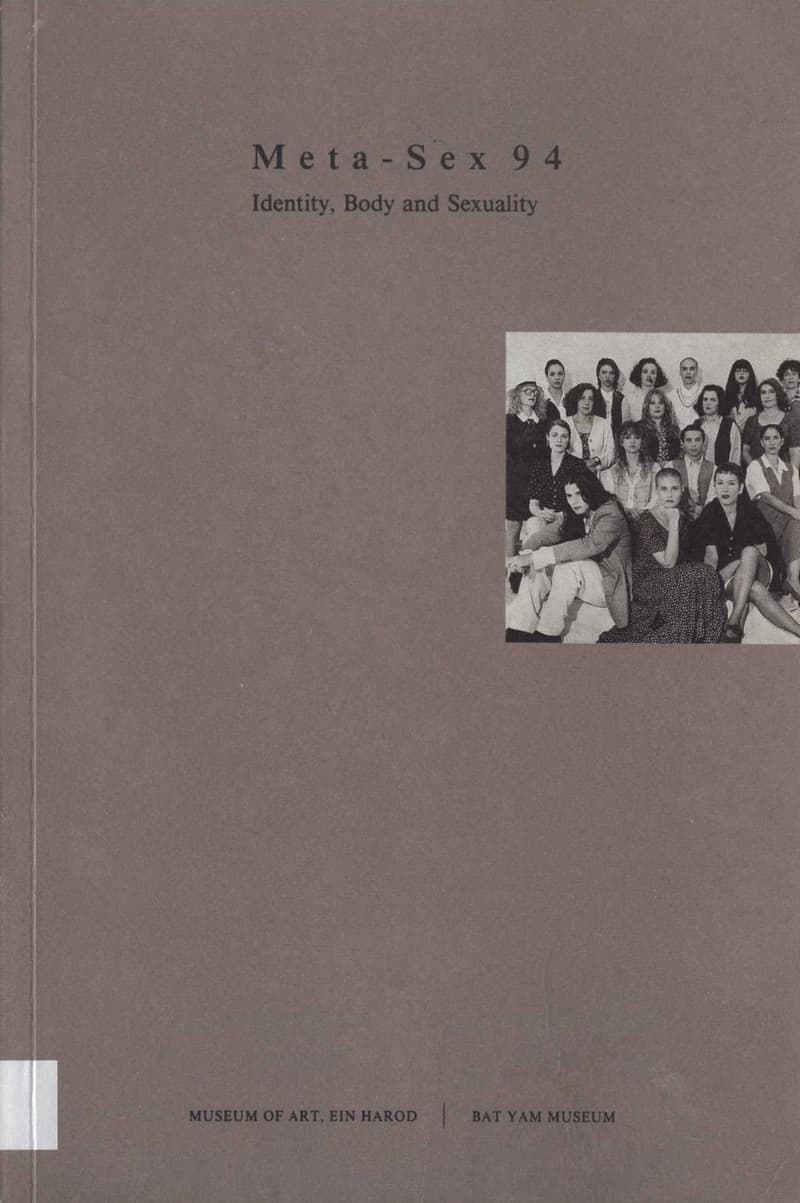Fukusima and the Arts. Negotiating nuclear disaster
The natural and man‑made cataclysmic events of the 11 March 2011 disaster, or 3.11, have dramatically altered the status quo of contemporary Japanese society. While much has been written about the social, political, economic, and technical aspects of the disaster, this volume represents one of the first in‑depth explorations of the cultural responses to the devastating tsunami, and in particular the ongoing nuclear disaster of Fukushima. This book explores a wide range of cultural responses to the Fukushima nuclear calamity by analyzing examples from literature, poetry, manga, theatre, art photography, documentary and fiction film, and popular music. Individual chapters examine the changing positionality of post‑3.11 northeastern Japan and the fear‑driven conflation of time and space in near‑but‑far urban centers; explore the political subversion and nostalgia surrounding the Fukushima disaster; expose the ambiguous effects of highly gendered representations of fear of nuclear threat; analyze the musical and poetic responses to disaster; and explore the political potentialities of theatrical performances. By scrutinizing various media narratives and taking into account national and local perspectives, the book sheds light on cultural texts of power, politics, and space. Providing an insight into the post‑disaster Zeitgeist as expressed through a variety of media genres, this book will be of interest to students and scholars of Japanese Studies, Japanese Culture, Popular Culture, and Literature Studies.
Данные книги
Комиксы, графические новеллы, Литература, Музыка, Театр, Фотография, Япония
Figueroa Pablo (Автор статьи), Gelihorn Barbara (Автор статьи), Angles Jeffrey (Автор статьи), Poulton Cody M. (Автор статьи), Iwata-Weickgenannt Kristina (Автор статьи), Kimura Saeko (Автор статьи), Iwaki Kyoko (Автор статьи), Aalgaard Scott W. (Автор статьи), Fujiki Hideaki (Автор статьи), Brau Lorie (Автор статьи), Dinitto Rachel (Автор статьи)
Нью-Йорк
2017
230 страниц
9781138670587
Доступ по запросу
Да
Да
709.4 Япо
1
- Guerra y pá. Simposio sobre la situación social, política y artística en Colombia/ Symposium on the Social, Political and Artistic Situation of Colombia2006
- Homelands: Art from Bangladesh, India and Pakistan2019
- Meta‑Sex 94: Identity, Body and Sexuality1994
- Spirit of India2017
- Contemporary British Art: An Introduction2011
- Primary Documents: A Sourcebook for Eastern and Central European Art Since the 1950s2002
- Contemporary Japanese Sculpture1991
- Na robu = On the Brink: Vizualna umetnost v Kraljevini Jugoslaviji (1929–1941)2019
- Mexican Muralism: A Critical History2012
- Indian Contemporaries/ Индийские современники2017
- Culture and Consensus: England, Art and Politics Since 19402015
- Искусство нашего времени / Kunst unserer Zeit1997












